Saving Energy: The Cheap, The Expensive, and the Way Out
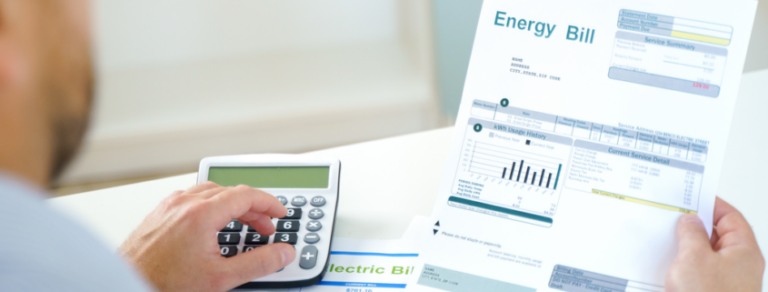
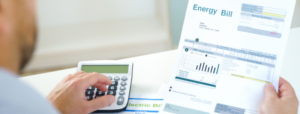
In the way of utility bills in Bangkok, the most intimidating of them all is undoubtedly the energy bills. Without knowing, anyone living in the city would eventually come to the realization that their electrical fees have since skyrocketed. Whether you accidentally left the air conditioner on unattended while you were out for groceries or you've been using up a light bulb until it's finger-melting hot, today PropertyScout will give you easy suggestions on how to lower the cost of your energy bills .

The Air Conditioner: Hold off, Clean Up, and the Alternatives

Hold off on eskimo-level temparatures
We get it, it's a scorching day in the summer, temperature's potentially up to 31°C, Thailand is what it is, a hot country, We get that it's incredibly tempting to switch that air conditioner of yours to eskimo-level cold. But DON'T! Air conditioners are, without a doubt, the biggest and most prominent contributing factor behind the outrageous spikes in your energy bills. 24-25°C should be enough for basic cooling in a sealed or enclosed space such as rooms with closed windows, balcony doors, or just DOORS, for that matter.
Clean up every once in a while
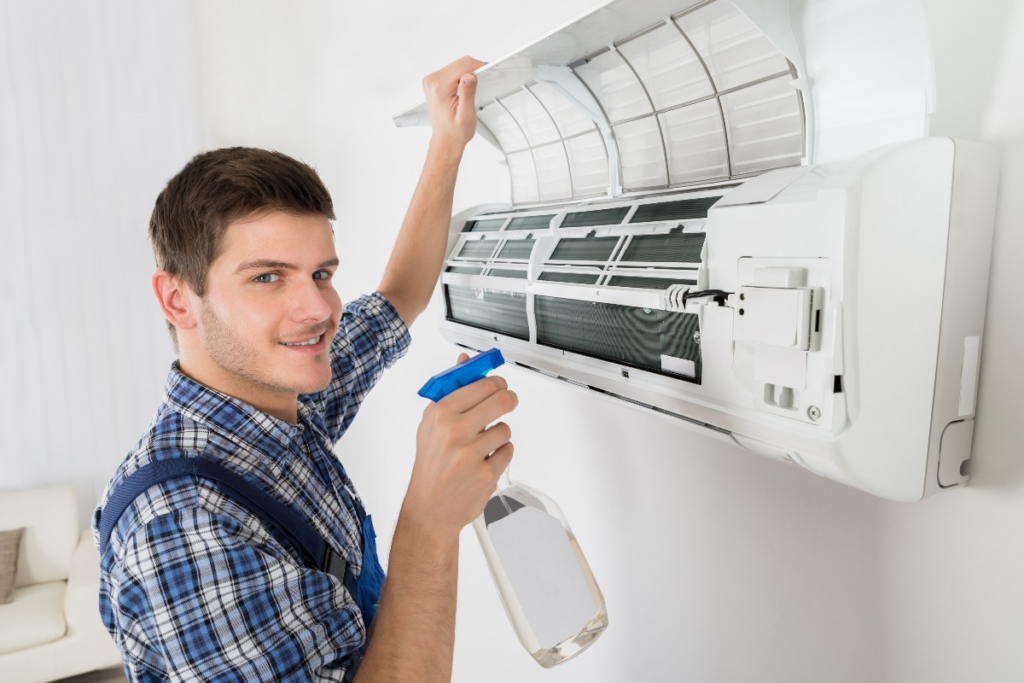
Air conditioners need regular servicing, specifically cleaning, every now and then. Through prolonged usage, air conditioner filters can get dirty, which can result in restrict the flow of cold air and cause it to build up inside the air conditioner itself and lower the internal temperature (and, in worse case scenario, the restricted air flow would put strain on the air handler fan motor and could burn out the motor, causing overheat to the system and eventually failure altogether). Therefore, it is advised to get your air conditioner filters cleaned up every 3-6 months at most.
Use a fan instead or just use natural air altogether

The most obvious way to significantly lower the costs of your energy bills s to switch from running an air conditioner to less-cooling but also less energy-consuming fan. Fans not only create air movement but are also considerably less expensive than an AC. It takes more energy for an air conditioner to move heat around as opposed to a fan blowing onto you. Moreover, fans use only around 1% of the electricity consumed by air conditioners.
Or, better yet, just open up the windows and balcony doors to cool off and not consume any electrical energy and fees altogether.
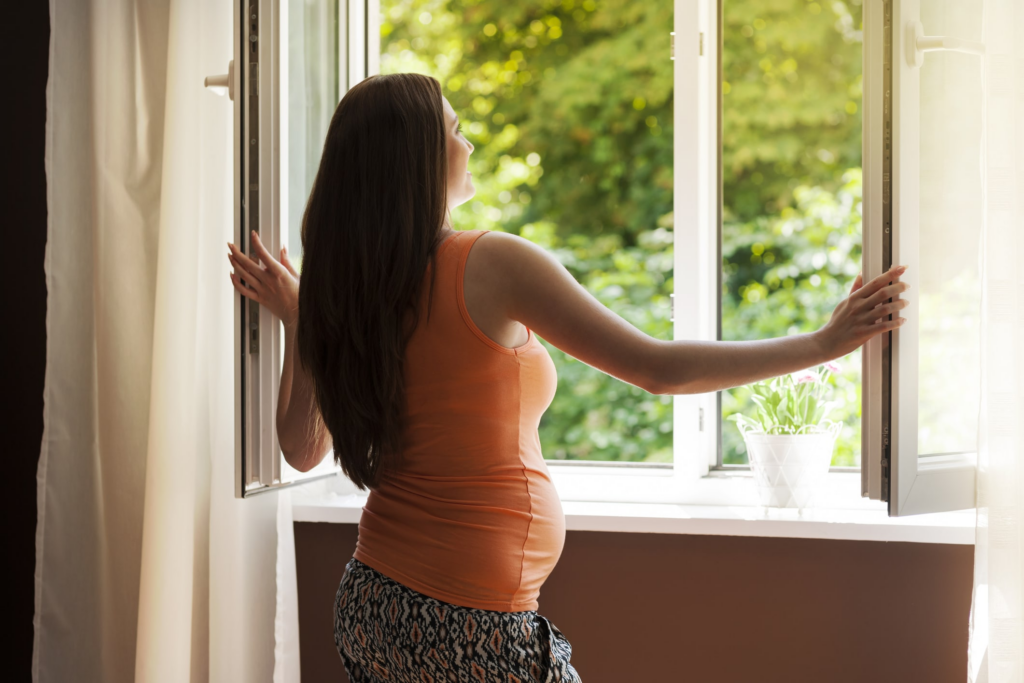
Washing Machines

Much like the aforementioned, the washing machine accounts for a significant portion of energy consumption as well as electrical fees. You can either save energy with a washing machine by washing with colder water, you can wash in full load or in bulk, or you can also wash clothes in shorter cycles.
Wash with cold water

Using cold water instead of warmer water in washing clothes will help reduce energy consumption, as up to 90% of the energy usage in washing machines comes from heating up the water. Therefore, switching temperatures from warm water washing to cold water washing will help lower your energy consumption as well as lower the electrical fees.
Washing in full load

Washing your clothes in full load is an ideal way to save energy from washing machine usage, regardless of whichever washing machine you use. Since the washing machine will use the same amount of energy all the way through no matter the size of the load of clothes, it's better to wash all your clothes in one big load so you don't have to waste energy by washing multiple loads multiple times.
Wash in shorter cycles

Washing your clothes in shorter cycles will help save energy because shorter wash cycles means less water used up, lower temperature, and also a shorter spin cycle to save both water and energy, saving up to 60%.
Water heating Unit

Majority of condos have electrical water heating units in order to keep the water temperature within the property in check, having water temperature adjustments ranging from low to high. With Thailand's climate being as scorching hot as it is, higher temperature settings for water isn't as necessary. You can save energy with a water heating unit by either using less heated water or turning the thermostat down.
Use less hot water

Opting for a lower water temperature will help drastically lower your energy fees, specifically water fees, as water heating is the second most notable contributing factor to your energy bills and accounts for up to 18% of your energy bills. Moreover, since you're using colder water in the shower, you are likely to spend less time in the shower which also means saving water usage.
Turn the thermostat down
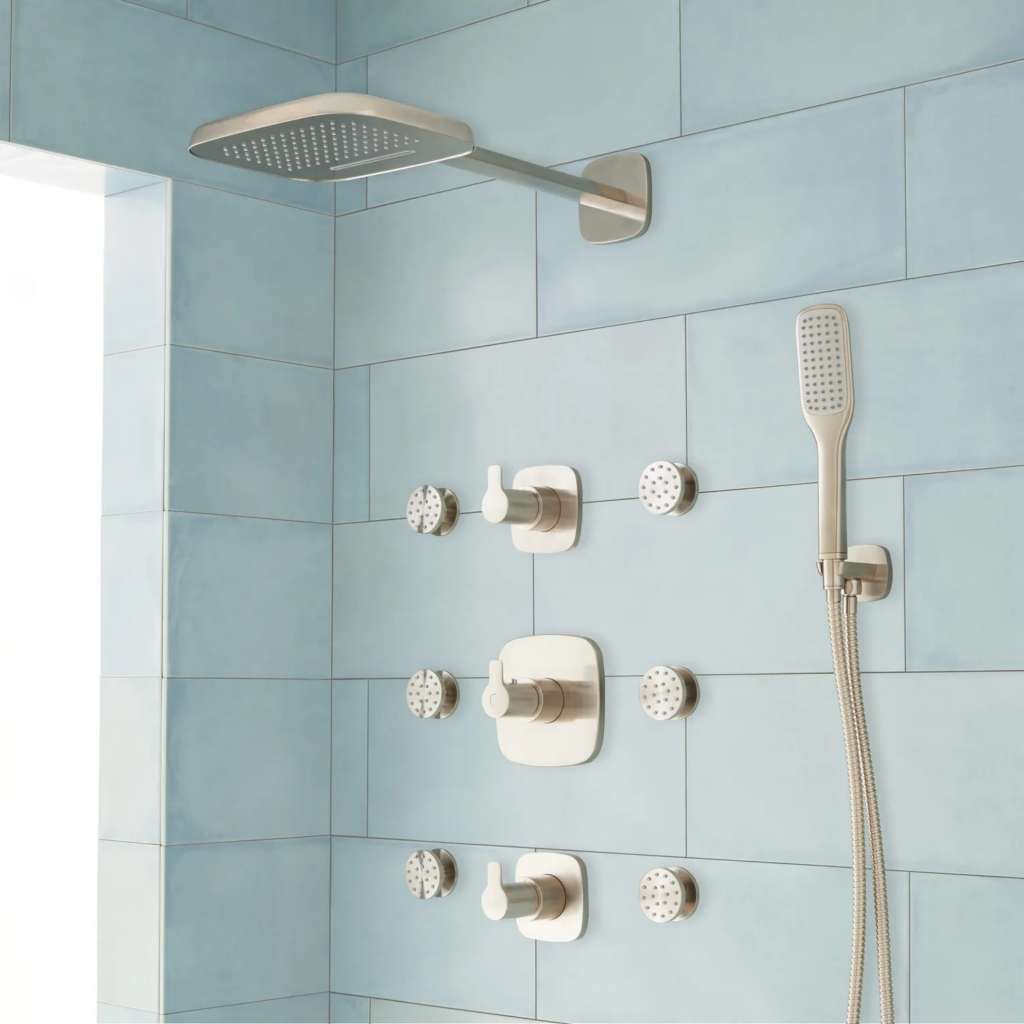
With every 10 degrees being turned down on the thermostat, it is estimated that around 3-5% of your energy bills will be saved up. Majority of water heaters are preset at 140, which adds the risk of excessive heat, and is recommended by energy departments for households to lower it to 120.
Turn off or replace electrical appliances

Turning off when not in use

It is estimated by the department of energy that up to 10% can be saved per month as long as electrical appliances are turned off or unplugged when not in use. This includes items such as room lights, DVD players, TVs, or power outlets.
Get energy-efficient lightbulbs
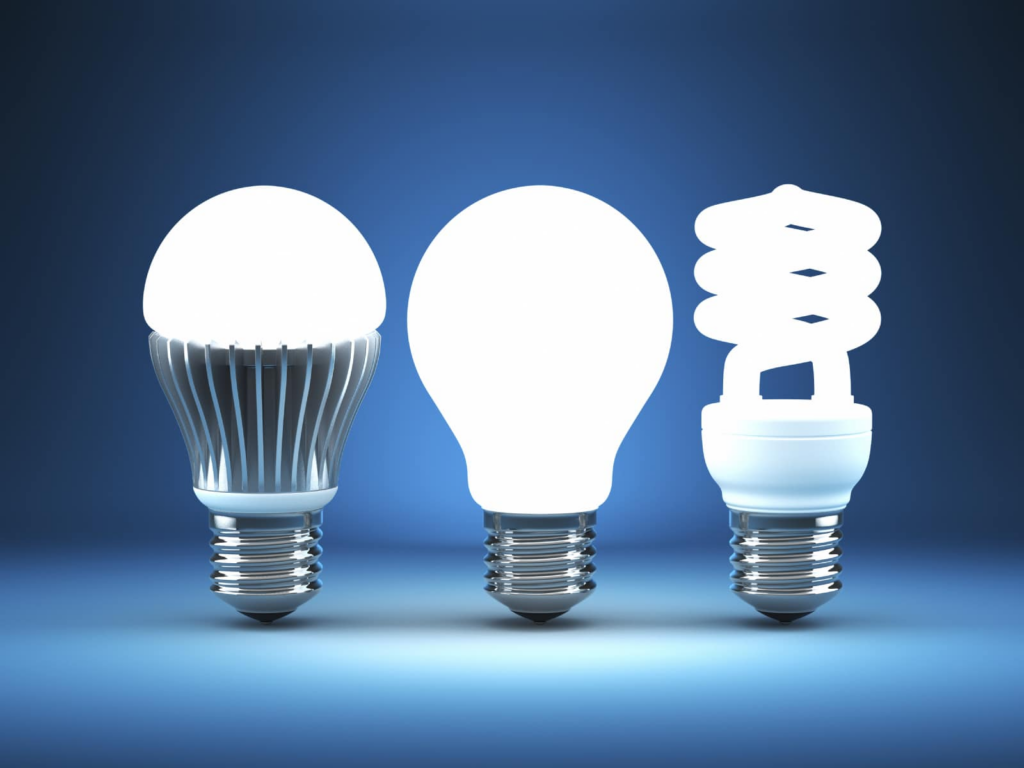
Energy-efficient lightbulbs last up to 12 times as much as run-of-the-mill lightbulbs, which also means they use less electricity to emit the same amount of light as a regular lightbulb and are more durable than regular lightbulbs. You can get energy-efficient lightbulbs from most supermarkets and home depots such as Lotus', Big C, or HomePro.
Switch to natural lighting via sunlight instead

Much like refraining from air conditioning or fanning to using natural air instead, using natural lighting from sunlight instead of artificial lighting via lightbulbs is another great idea for saving energy as artificial lighting via lightbulbs is another contributing factor to spikes in your energy bills. Moreover, using artificial lightbulbs for an extensive period of time (worse if you are using an energy-inefficient light bulb) will cause the lightbulb to overheat and falter over time.
Furthermore, natural lighting from sunlight helps your body produce Vitamin D, improves the sleep-wake pattern in a long run, helps with focusing, and makes us happier.

Replace outdated electrical appliances
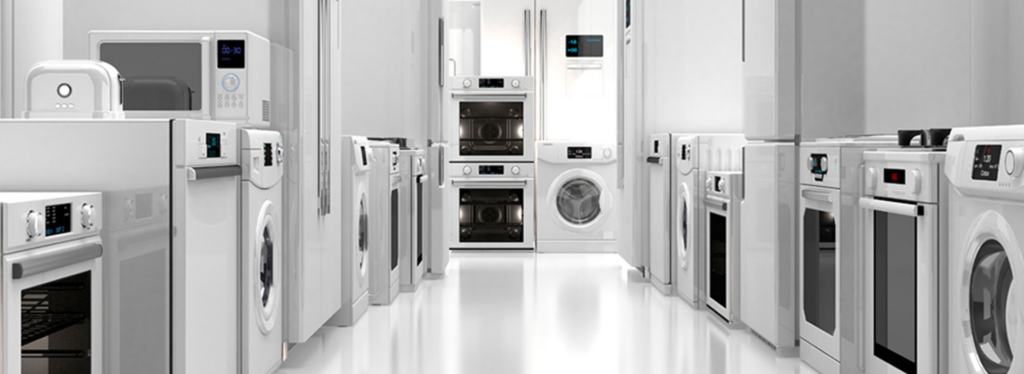
Not the simplest or even cheapest of hoops to jump through, but it's undeniable that outdated electrical appliances will need replacement at some point whether you like it or not. Electrical appliances such as fridges, washing machines, or air conditioners will naturally falter and be energy-inefficient at some point, to which they will need to be replaced for further usage by the residents.
Use a microwave instead of a stove
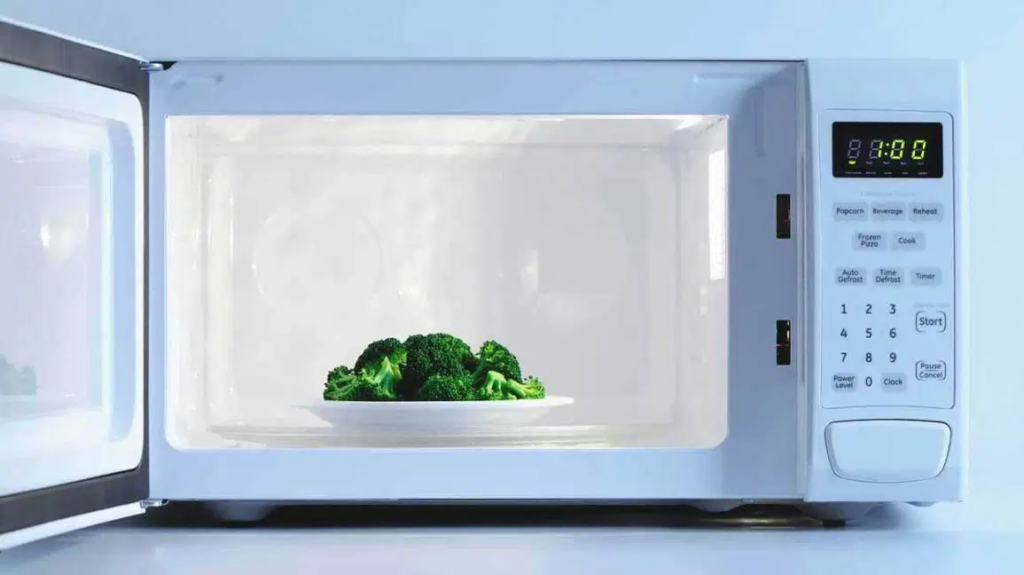
Cooking or re-heating food in a microwave can help save up to 80% of energy as opposed to using a stove. While a stove does help in maintaining flavor more effectively, a microwave is much more energy-efficient due to its short bursts of energy for a short period of time as opposed to a stove being prone to energy loss.
Conclusion

Well, that's a wrap on methods to help save energy in your apartment, condo, or house. Just change some aspects of your lifestyle, switch to nature a little bit, and your next energy bill won't be too big of a blow to your wallets at all! Take your time, we know you can do it! In the meantime, let us know what you think in the comments down below!



